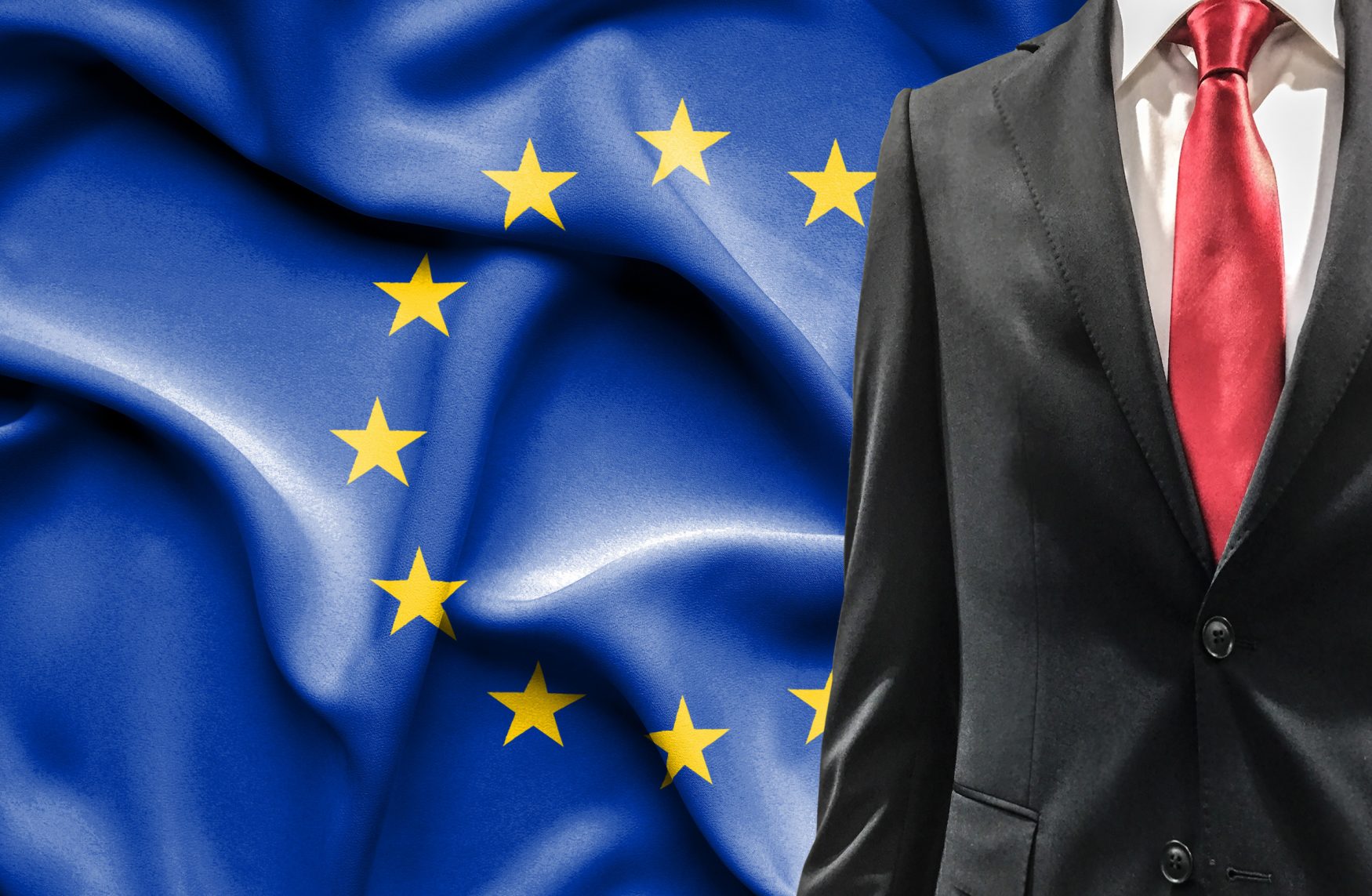
Who Controls European Union Information?
European Union Information Controlled by Official Agencies and Restricted Access is the Rule of the Day.
Getting facts on issues and other European Union information has gotten more difficult with time.
The organization began as the European Economic Community back in the 1950’s, but since that time it has spread and become much, much more than a simple economic trade union.
Legislation is currently on the table to expand it even further by granting the European Commission, the executive governing body of the European Union, even more power than it currently possesses.
The changes would make the European Commission effectively superior to the many national electorate bodies of member states, a move that has caught considerable attention from citizen watch groups and protestors.
These groups are asking hard questions about the nature of the changes and the effects of the proposal, but they are finding that getting concrete European Union information can be extremely challenging.
Almost all the information about the body is distributed through official channels only, and with more than 25,000 civil servants working for the executive branch alone, it can be hard to find someone not attached to the government who can speak to the issues.
It’s an excellent study in co-opting the opposition by offering them plum think tank appointments, special committee positions or local ambassador gigs to bring them in to the fold.
Yet as everyone consistently touts the party line on the nightly news, the common people are forming their own opinions, and those opinions don’t gel with the official party rhetoric.
The real will of the people does show up every now and then, as in the recent negative Irish vote on the controversial Lisbon Treaty.
Finding the Truth
Even more infuriating to the central bodies of power than the “no” vote was the attention that was then shone on the Lisbon Treaty itself.
Media agencies were appalled to discover the extent of the power transfers contained therein.
Yet the campaign for the treaty had been going on for years, with a massive European Union information blitz.
Why was it only after the “no” vote in the Irish referendum that media outlets actually seemed to be getting the necessary information about the treaty?
Just Say what They Tell You
A big part of the problem are all the helpful groups translating the treaty for media outlets.
Media groups have cut staff to the bone and as a result don’t do the investigative digging they should, preferring to read from handy pamphlets distributed by lobbyists with the “highlights” of the treaty all spelled out.
Unfortunately, these kinds of pamphlets are very selective in what kind of European Union information they choose to highlight.
Quick sound bite friendly quotables are big parts of the documents while meaty facts are curiously absent. Ignorance is freedom, after all.

 My First Amazing Ayahuasca Experience
My First Amazing Ayahuasca Experience  Pine Needle Tea
Pine Needle Tea  The REAL Controllers of Humanity: The Papal Bloodlines
The REAL Controllers of Humanity: The Papal Bloodlines  Is it Global Warming or Cooling?
Is it Global Warming or Cooling?  Gun Rights and Obama Examined
Gun Rights and Obama Examined